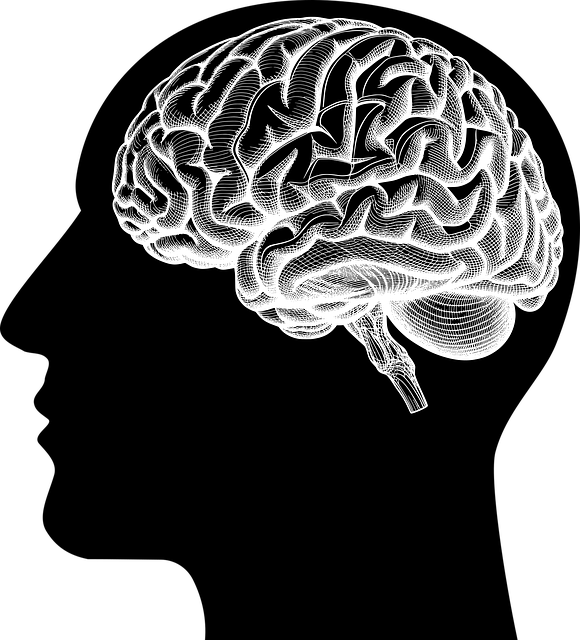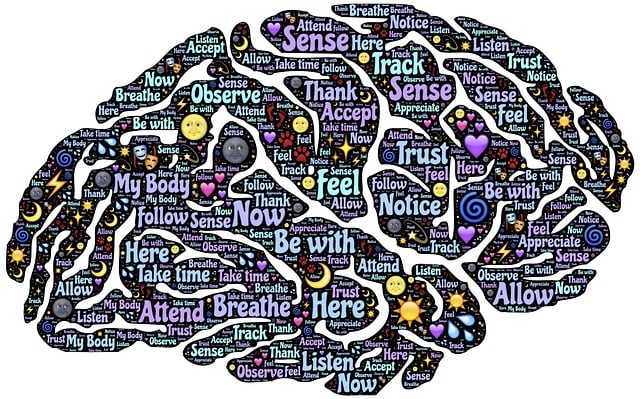Colorado Springs Conduct Disorder Therapy employs evidence-based strategies, such as cognitive-behavioral therapy (CBT) and mindfulness techniques, for crisis intervention and long-term recovery. Therapists in Colorado Springs use active listening and assessment to tailor interventions focusing on emotional support, self-care, stress reduction, and positive thinking. This holistic approach addresses disruptive behaviors by fostering open communication, healthier coping mechanisms, and lifelong skills for mental wellness, while cultural sensitivity ensures stigma-free treatment.
In Colorado Springs, crisis intervention strategies are vital for mental health support, especially in addressing conduct disorder. This comprehensive guide delves into the cornerstone of effective interventions, providing insights for therapists navigating challenging behaviors and triggers. We explore evidence-based strategies for crisis management, offering a practical approach tailored to local therapists. By understanding conduct disorder and implementing customized interventions, Colorado Springs can enhance its therapeutic landscape, fostering better outcomes for those facing mental health crises.
- Understanding Crisis Intervention: A Cornerstone of Mental Health Support in Colorado Springs
- Identifying Conduct Disorder: Recognizing Behaviors and Triggers in Therapy
- Evidence-Based Strategies for Effective Crisis Management
- Implementing and Customizing Interventions: A Practical Guide for Colorado Springs Therapists
Understanding Crisis Intervention: A Cornerstone of Mental Health Support in Colorado Springs

In Colorado Springs, crisis intervention strategies are a cornerstone of mental health support, particularly when addressing issues like conduct disorder. These interventions are designed to provide immediate assistance and stabilize individuals during times of severe emotional distress or disruptive behavior. By employing evidence-based practices, therapists in Colorado Springs Conduct Disorder Therapy play a vital role in helping clients navigate their crises and develop healthier coping mechanisms.
Understanding the urgency and complexity of these situations, crisis intervention focuses on both short-term relief and long-term recovery. It involves strategies such as active listening, emotional support, and teaching effective self-care routines—all essential elements for better mental health. Additionally, stress reduction methods and positive thinking techniques are integrated into therapy sessions to empower individuals with tools to manage future crises. This holistic approach ensures that clients in Colorado Springs receive comprehensive care tailored to their unique needs.
Identifying Conduct Disorder: Recognizing Behaviors and Triggers in Therapy

Identifying Conduct Disorder involves recognizing specific behaviors that consistently violate societal norms and rights of others. In Colorado Springs Conduct Disorder Therapy, therapists meticulously observe and assess these behaviors, which can range from aggression and destruction to lying and running away. By carefully documenting triggers and patterns, therapists gain insights into the emotional healing processes at play, enabling them to tailor interventions for effective management.
During therapy sessions, clients are encouraged to explore their feelings and experiences using empathy-building strategies. The Mental Wellness Podcast Series Production often incorporates techniques from cognitive-behavioral therapy (CBT) to help individuals understand their conduct within a broader context. By fostering open communication, therapists facilitate the development of healthier coping mechanisms, aiming to interrupt negative behavior cycles and promote mental wellness.
Evidence-Based Strategies for Effective Crisis Management

In the realm of Colorado Springs conduct disorder therapy, evidence-based strategies play a pivotal role in effective crisis management. Techniques such as cognitive behavioral therapy (CBT) have proven to be highly successful in addressing underlying issues that contribute to disruptive behaviors. By teaching individuals coping mechanisms and reframing negative thought patterns, CBT empowers them to navigate crises more constructively. This approach is particularly beneficial for managing stress, a common trigger for conduct disorders, through structured exercises and techniques like mindfulness meditation.
Integrating emotional healing processes into crisis intervention further bolsters the effectiveness of these strategies. Mindfulness meditation, for instance, helps individuals cultivate present-moment awareness, enabling them to respond rather than react during stressful situations. This practice, coupled with therapy sessions that focus on emotional regulation, fosters a sense of calm and resilience, ultimately reducing the intensity of crises. The holistic nature of these evidence-based methods ensures that participants in Colorado Springs conduct disorder therapy programs not only learn to manage acute incidents but also develop lifelong skills for emotional well-being and stress management.
Implementing and Customizing Interventions: A Practical Guide for Colorado Springs Therapists

Implementing crisis intervention strategies requires a tailored approach, especially when addressing conduct disorder in Colorado Springs. Therapists here play a vital role in providing immediate support and guiding individuals toward long-term recovery. The first step is to assess the unique needs of each client, considering their personal history, cultural background, and the specific triggers for their crisis. This involves active listening and building rapport to ensure a safe and non-judgmental space.
Customizing interventions is key to success; what works in one setting might not be suitable for another. Therapists can draw from various evidence-based practices, such as cognitive-behavioral therapy, mindfulness techniques, and stress management workshops organized by local organizations. Additionally, fostering cultural sensitivity in mental healthcare practice is essential, especially when addressing the complex interplay of mental illness stigma reduction efforts and individual experiences. By incorporating these strategies and adapting them to each client’s needs, Colorado Springs conduct disorder therapy can effectively navigate crises and promote positive outcomes.
In the realm of mental health support, especially in vibrant Colorado Springs, crisis intervention strategies are indispensable tools for therapists. By understanding and identifying conduct disorder, practitioners can effectively manage crises through evidence-based methods. This guide equips Colorado Springs therapists with practical knowledge to customize interventions, ensuring a nuanced approach to addressing complex behaviors and triggers. Through these strategies, the mental health landscape in Colorado Springs can offer more comprehensive care, fostering healing and positive outcomes for individuals facing conduct disorders.











